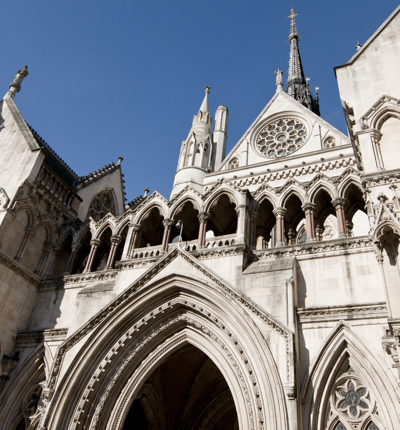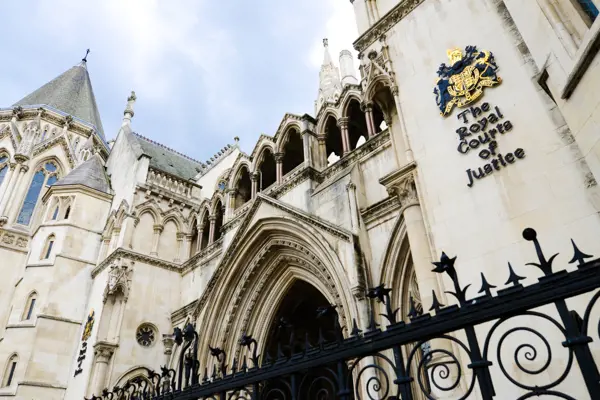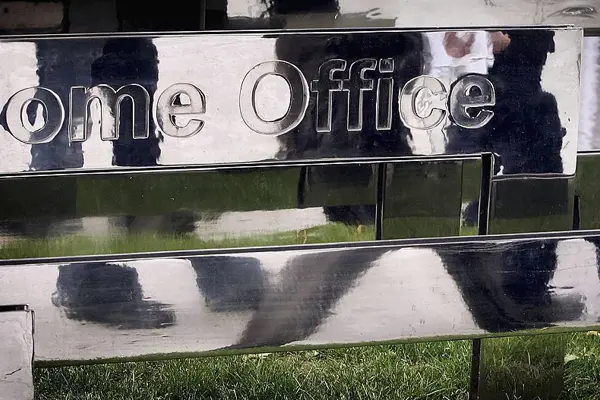
Legal hearing in Uber workers challenge begins
Legal battle over the rights of Uber drivers reaches the employment tribunal as lawyers argue drivers are workers and should get basic worker's rights
Posted on 19 July 2016
The Central London Employment Tribunal will begin hearing two test cases against the company behind the taxi hailing app Uber from 20 July 2016.
The hearing, which is set to be heard over 6 days, will hear the cases brought by the GMB union.
The test cases will determine whether Uber is acting unlawfully by not providing drivers with basic workers’ rights. These test cases will not only determine a further 17 claims that have been brought against Uber but will have wider implications for the tens of thousands of Uber drivers throughout the UK.
The Tribunal will hear arguments that Uber drivers are workers and that they are therefore entitled to receive holiday pay and to be paid at least the National Minimum Wage.
Leigh Day, the lawyers for the drivers, also claim that Uber acts unlawfully by frequently deducting sums from drivers’ pay, often without informing the drivers in advance, including when customers make complaints.
This is the first time that Uber will have faced legal action in the UK over whether their drivers are workers or self-employed.
As part of its defence Uber, which has its European headquarters in the Netherlands, is seeking to argue that drivers in the UK should not be allowed to enforce their UK employment rights in the UK courts and that they can only seek a remedy in the Dutch courts.
A successful claim against Uber could have wide ramifications for a range of workers in various industry sectors currently deprived of basic employment rights through a company’s alleged misclassification of its workforce.
Annie Powell, a lawyer in the employment team at Leigh Day who is representing the drivers, explained:
“Uber currently denies that its drivers are entitled to the most basic of workers’ rights. Uber’s defence is that it is just a technology company, not a taxi company, and that Uber drivers do not work for Uber but instead work for themselves as self-employed business men and women.
“On behalf of our clients we will claim that Uber is wrongly classifying its drivers as self-employed with the result that drivers are denied the rights and protections that Parliament intended them to have.
“We will argue that Uber exerts significant control over its drivers in order to provide an on-demand taxi service to the public. If Uber wishes to operate in this way, and to reap the substantial benefits, then it must acknowledge its responsibilities towards those drivers as workers.
“This claim is vital for the thousands of Uber drivers who work in England and Wales and has implications even wider than that. We are seeing a creeping erosion of employment rights as companies misclassify their workers as self-employed so as to avoid paying them holiday pay and the national minimum wage.”
Justin Bowden, GMB National Secretary said:
“The GMB is proud to be supporting this claim against Uber which we see as challenging a growing and pernicious practice by companies, that of wrongly claiming that workers are self-employed.
“Uber drivers face very difficult working conditions and with cuts to fares we believe that some of our members are taking home less than the national minimum wage when you take into account the costs of running a car. We are also concerned that some drivers are working longer and longer hours in order to make ends meet and are unable to take any paid holiday. We believe that this could pose a safety risk to drivers and the public.
“Uber is a multi-national company that makes millions of dollars and we argue that they are unlawfully denying their drivers fundamental rights which are designed to ensure workers can enjoy a minimum standard of living.”
Background
Uber operates a car hire platform that connects passengers to thousands of drivers through an app on the passenger’s smartphone.
Using the app, passengers can request they are picked up from any location within London (or hundreds of other cities worldwide). Passengers pay Uber for the journey, which in turn pays the drivers.
Lawyers claim that not only are there breaches of employment law but also that there are serious health and safety issues as currently Uber does not ensure its drivers take rest breaks or work a maximum number of hours per week.
They argue this provides a substantial risk to all road users given that, according to Uber’s CEO, there will be 42,000 Uber drivers in London in 2016.
A successful legal action against Uber could see substantial pay outs for drivers, including compensation for past failures by the company to make appropriate payments to what lawyers argue are their workers.

